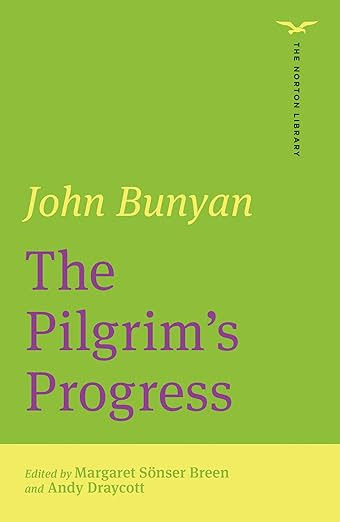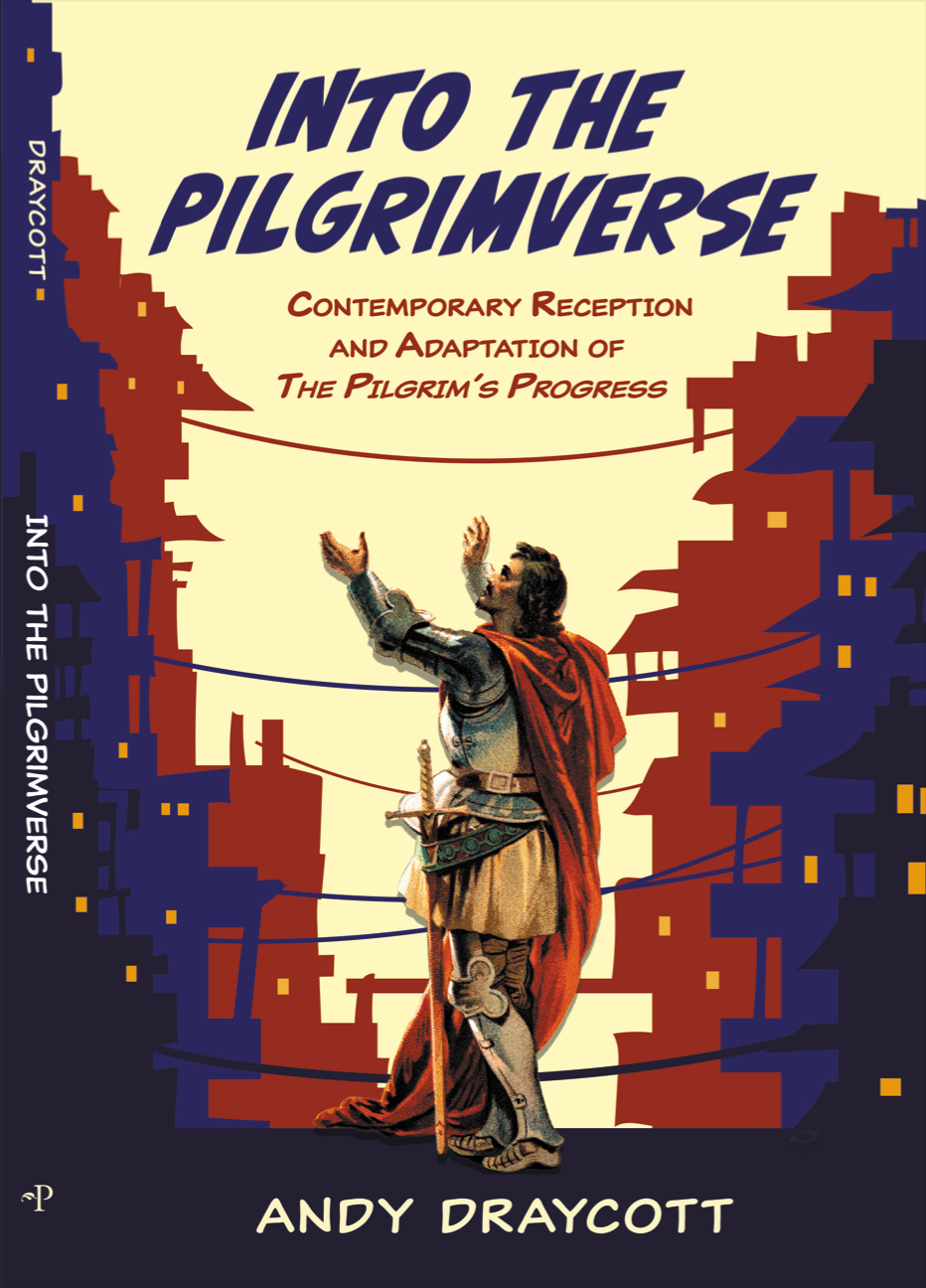Modern English Versions - Scroll/roll in bosom/ Doubting Castle
- andydraycott7
- Feb 7, 2023
- 3 min read
As a follow up to my post about Al Bohl's key solution, I want to compare our candidate modern versions of PP on how they locate Christian's roll or scroll and the key on his person.
Bunyan writes of Christian receiving a roll, twice in fact: once from Evangelist, and then, more importantly, from one of the shining ones. By roll he means a scroll - a rolled up, sealed certificate of paper or parchment. Christian stores his roll in his bosom. That's where he searches for it before realizing that he has left it behind at the Arbor, half way up Hill Difficulty. But that word 'bosom' has changed and largely lost its meaning. While it can mean the human breast, it has mostly become uniformly feminized. That means modern readers find it hard to imagine Christian even having a bosom. However, keeping something in one's bosom denotes both physical space and spiritual importance. It's not hard to see that keeping something by one's bosom is keeping it close to one's heart. The lingering phrase of 'bosom buddies' gets at the emotional tone somewhat. Likely, the bosom location is a fold, pouch or pocket in upper body clothing. You might think about the bosom as the upper body equivalent of the lap. A lap is related to the body without being a body part. The lap is present when sitting and not when standing. The bosom is present when the arm embraces the chest, or a fold of clothing envelopes the upper body, without being the breast literally.
All of which is build up to the fact that it isn't then a coincidence that Christian remembers a Key 'in his bosom' when trapped in Doubting Castle. It's a key called Promise. And this doesn't surprise us (once we stop to think about it) as the roll is a source of encouragement when consulted and read, even after Christian's book has been forgotten. Basically, the promises and the roll, kept in the bosom, have the same function as the book - they bear the word of God. The Bible (as Christian's book was identified by Bunyan in a marginal note to Mr. Worldly Wiseman's criticism) is the life-giving word that guarantees Christian and Hopeful's release from captivity to Doubting, Despair and Diffidence.
So what do our modernized versions make of 'roll' and 'bosom'?
As is becoming a pattern in these observations of our modern versions, Frayer-Griggs and EPBooks both keep Bunyan's original words of 'roll' and 'bosom'.
Edmonson still uses roll, but then replaces the 'bosom' location for Christian on Hill Difficulty and in Doubting Castle with his 'chest pocket.' This keeps the place physically and metaphorically close to his heart, even if the force of 'bosom' directly is lost in the different anatomical qualifier.
Ford modernizes further. She has Christian storing not a roll, but a scroll, 'hidden in his Coat next to his heart' at Hill Difficulty. This keeps the emotional metaphor intact. But then she merely has Christian, anticlimactically, remember a key in his pocket in Doubting Castle. By not keeping the same location, as Edmonson did, in both episodes the connection is lost between the scroll and the key.
Vermilye, as I've noted before, is the one who modernizes the most. Instead of roll or scroll, Vermilye has certificate. He too locates it at Hill Difficulty in Christian's 'chest pocket,' but then loosens the strictly lexical (word choice) connection to Christian's discovery of the key in Doubting Castle while keeping the gist; so he writes the Christian finds 'a key in my pocket next to my heart.'
Two more comparisons to go. In the next post concerning the character of the Flatterer, and then a post on the text formatting, before a concluding summary.

Formatting- Biblical References/ Marginal Notes/ Chapters



Comments